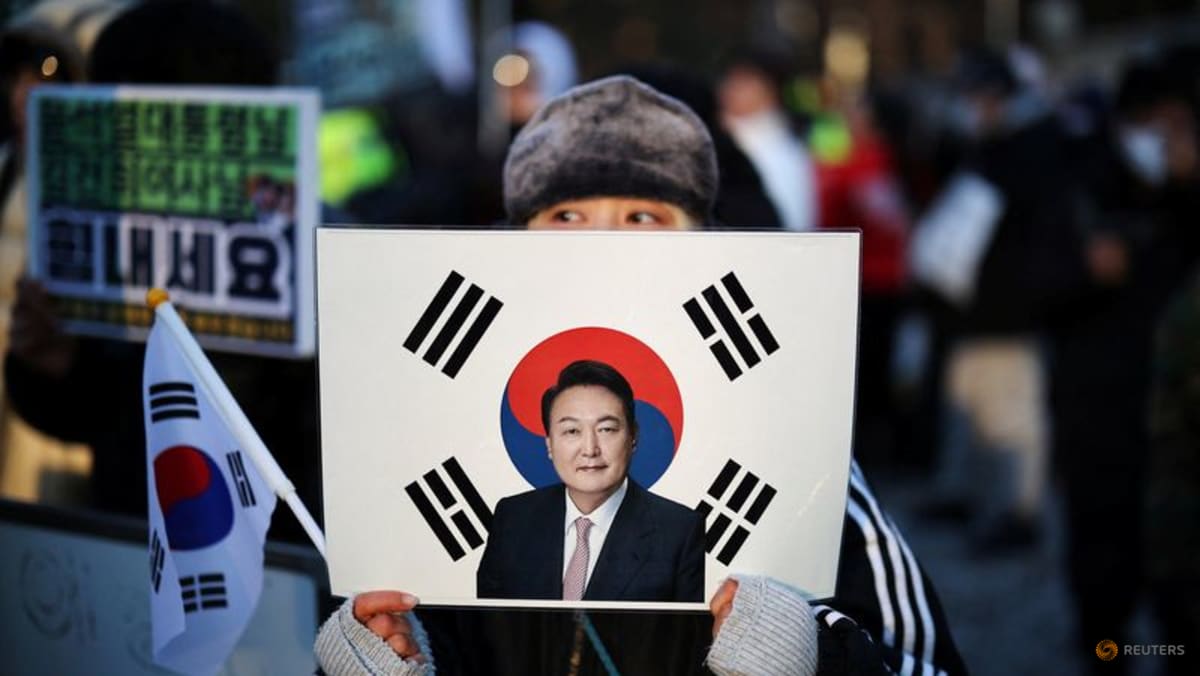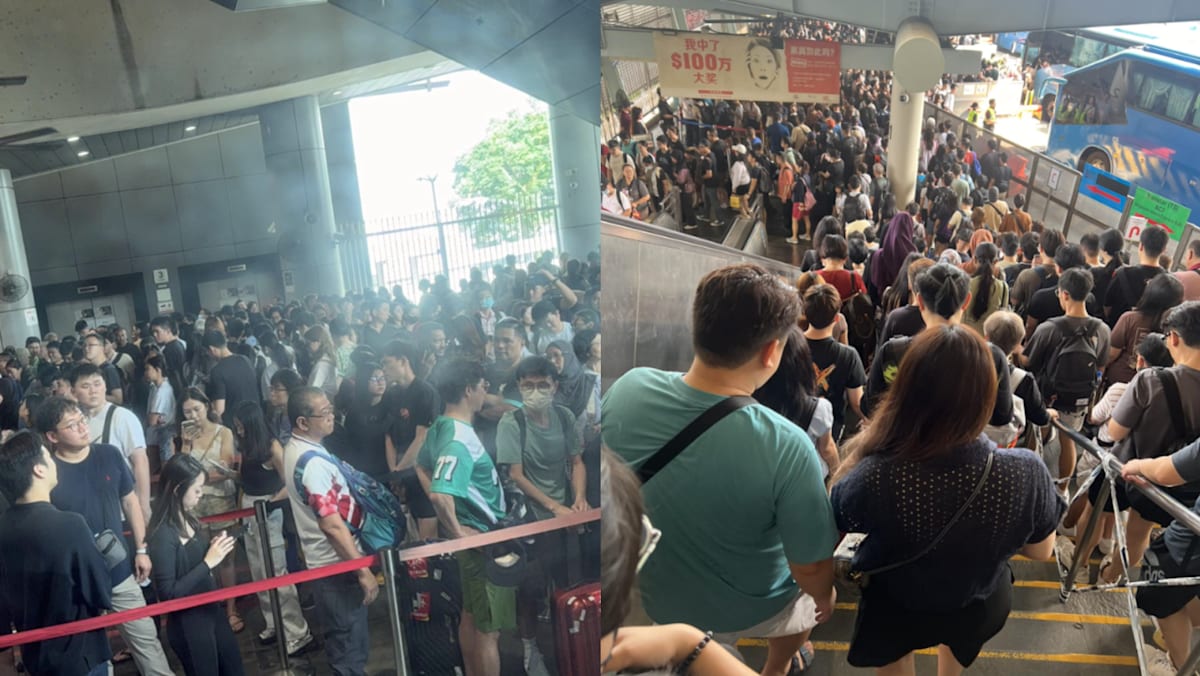China’s Gen Z consumers shift from chasing status and trends to be ‘more rational and selective’

“CAUTIOUS” APPROACH IN BOOSTING CONSUMPTION
Since 2021, China’s government has introduced a series of policies aimed at redistributing income and wealth, often framed under the banner of “common prosperity,” says Mr Xu.
This has led to crackdowns on high-paying industries like tutoring, the financial sector, and the tech industry.
“While these measures were intended to address income inequality, the consequences have been more negative than positive, with the economy taking a considerable hit.”
However, there seems to be a shift in the government’s approach. Mr Xu observed that policies from the recent Third Plenum could suggest a move towards promoting urbanisation and encouraging migrant workers to settle in cities, secure regular jobs, and perhaps even purchase homes.
The idea is to boost income growth among the lower-income groups, rather than focusing solely on curbing the income of the wealthy. This approach, while promising, is unlikely to yield immediate results, and may take five to 10 years to materialise – if it succeeds at all, Mr Xu adds.
Mr Yu noted that “the government is very clear that they do want to drive domestic consumption, and today’s situation is not ideal for them”.
“They want to actually deepen the reform, complete a number of tasks in terms of improving the quality of the Chinese economy, not just the quantity.”
Amid these policy shifts, Chinese households, particularly in the country’s largest cities, are exhibiting a marked caution in their spending. One of the key reasons for this is the rapid decline in housing prices in these urban centres.
According to EIU’s Mr Xu, previously resilient housing markets began to falter in mid-2023, following the trajectory of smaller cities that saw price drops in 2021 and 2022. This decline has triggered a negative wealth effect, where individuals’ spending is influenced not just by their income but also by their perceived wealth.
The crackdown on well-paid jobs in major Chinese cities has also contributed to this caution. For instance, salaries in investment banking have plummeted to as low as half of what they once were, leading to reduced consumer spending. This trend is further evidenced by a 7 per cent drop in China’s personal income tax revenue this year.
“If you see a very significant drop in personal income tax paid, then that should suggest that all those like good jobs may have diminished significantly. So that’s probably explaining why consumption has been more cautious.”
Kantar Worldpanel’s Mr Yu believes there’s a lot of “big motivations” behind driving consumption, although those are “grand strategies to translate into tangible policy, and will take some time”.
Source: CNA















